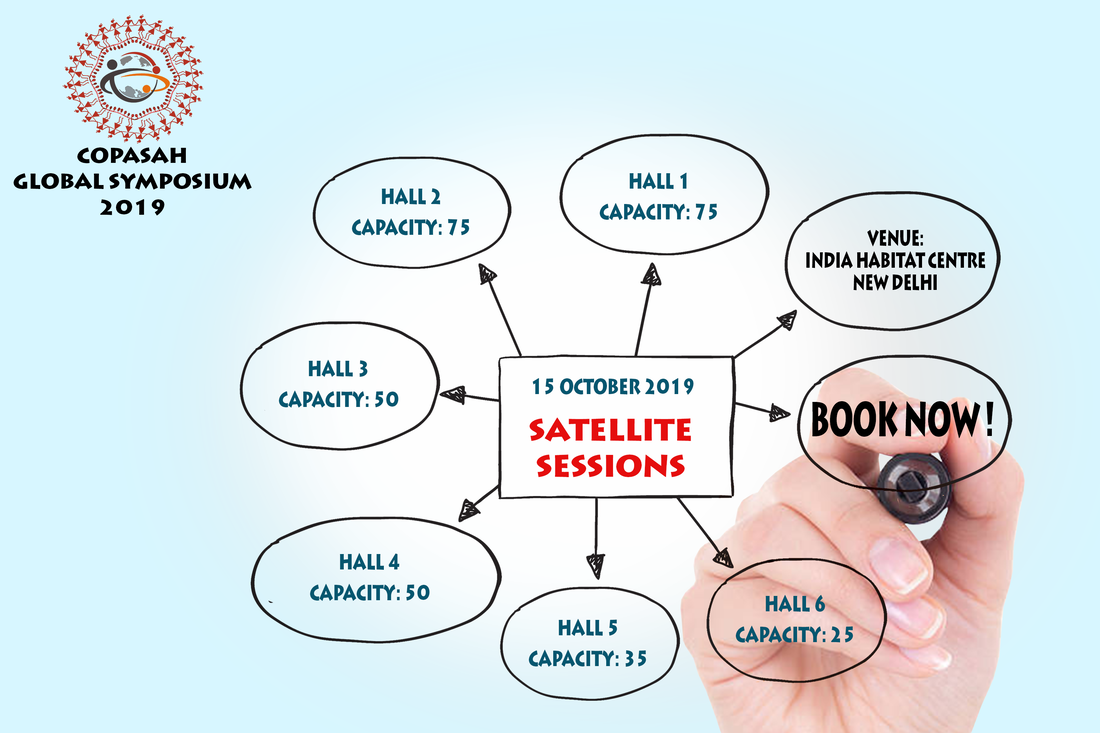
|
|
Unpacking Structural, Inter-Sectional and Existential Layers of Dalit Marginalisation and Ethical Challenges and Dilemmas of their Strategic Empowerment:
How Can Bio-Ethics Community Respond?
How Can Bio-Ethics Community Respond?
COPASAH, People’s Health Centre, Dalit Human Rights Forum-Karnataka, Scavengers Dignity Forum; India
|
Dalit communities, the historical survivors of the practice of untouchability, have shown their resurgence and resilience in varied ways against the collective social injustice and indignities in India. Constitutional, legal and policy-programmatic measures have meant to address the historical injustice have been half-met due to the entrenched caste-ethic that forms the strong base of resistance to any societal change. The realisation that marginalisation is systemic, multi-layered and inter-sectional and the process of resistance and struggle, have given visibility to the layers of marginalisation which form the underbelly of the construct of Dalits, which posit several ethical challenges and dilemmas.
COPASAH in association with People’s Health Centre, Dalit Human Rights Forum-Karnataka, Scavengers Dignity Forum; India unraveled the various contours of the intersectionality of Dalit marginalisation in terms of class, patriarchy/gender in addition to the embedded caste identity – viz. manual scavengers, Dalit women and Devadasis in a workshop in the 14th World Congress of Bioethics and 7th National Bioethics Conference in Bengaluru on December 5, 2018. |
Three presentations were made in the workshop by community leaders –women and men from the marginalised communities who have led the struggles and faced the challenges both from the State and the societal order while working on the building blocks of stitching together strategies within the larger framework of social justice, dignity and equality. Following the presentations discussions were held on with the participants regarding the ethical challenges and dilemmas faced by the vulnerable communities. It discerned from the deliberations that though untouchability and occupations like manual scavenging are outlawed yet marginalised communities face ethical challenges in terms of discrimination at both societal and official levels, face discrimination in public spaces as well as denial of human rights. Dalit women especially face triple marginalisation in terms of being Dalits, women and agricultural labourers.
The presentations of the workshop can be accessed here


